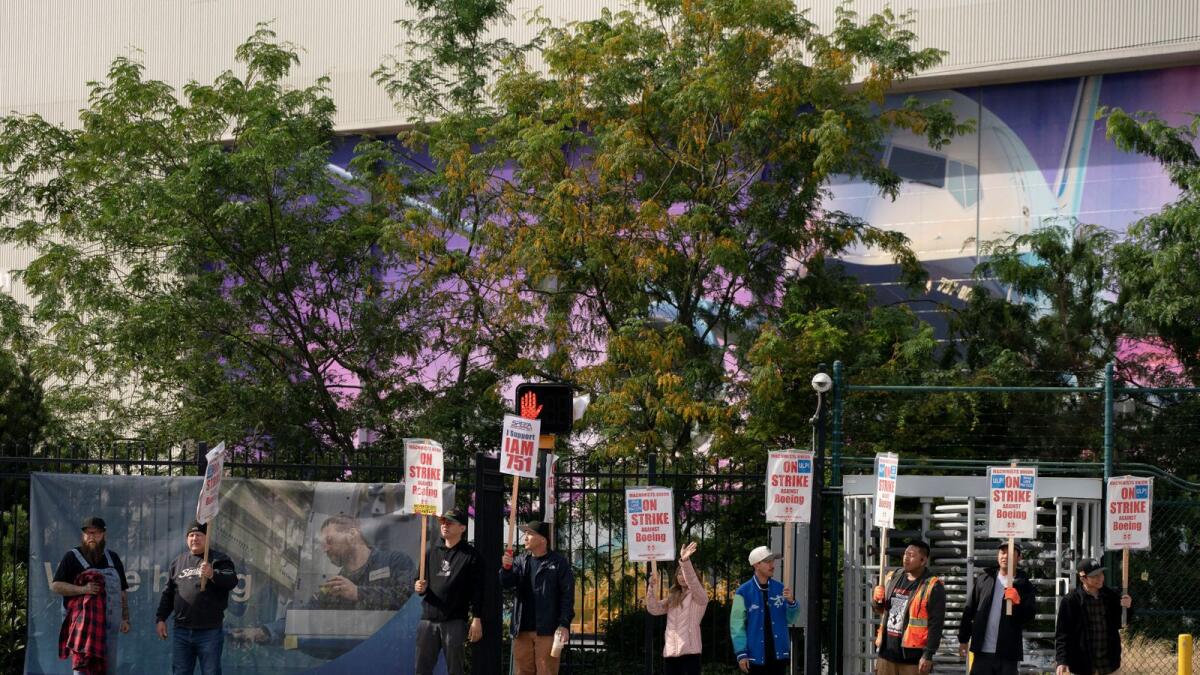Boeing recently experienced its first strike in 16 years as their West Coast workers walked out at midnight on Friday after rejecting a new contract deal. This strike has halted the production of Boeing’s popular 737 MAX jets and has raised concerns among industry executives and analysts about the impact on global jetliner shortages. The Boeing chief financial officer warned that a prolonged strike could jeopardize the company’s recovery and hinder output, potentially exacerbating existing supply shortages in the market. Leasing companies like Avolon are concerned about the strike’s effects on production levels and supply shortages in the aviation industry.
Airlines have been struggling to expand their capacity to meet the rising demand for air travel due to a variety of challenges like parts shortages, recruitment issues, and overloaded maintenance shops. Industry analysts have been warning that the industry may run out of growth opportunities before airlines can benefit fully from the rising demand. High airfares could be accelerating this tipping point, as they lead to lower traffic levels. With Boeing’s production of the 737 MAX halted, Airbus, Boeing’s European rival, is also facing challenges in meeting its delivery goals. Airbus Chief Executive expressed optimism but questions remain about the company’s ability to exceed last year’s delivery numbers.
The strike at Boeing has the potential to worsen the supply squeeze in the aviation industry, as production levels are affected and deliveries are disrupted. With dwindling numbers of planes in storage and record-high utilisation of existing planes, airlines are left with little room to maneuver. Carriers may need to keep existing jets in service for longer periods as leasing companies struggle to meet the demand for new aircraft. The average age of the fleet has been rising, contrary to efforts to reach net zero emissions by 2050, which require modernizing the planes in service. Sustainability concerns arise as older aircraft are used more, potentially leading to increased CO2 emissions.
The aviation industry aims to achieve net zero emissions by 2050, despite the challenges posed by the increasing average age of the fleet and the impact of the strike on production levels. Boeing’s lower production levels compared to Airbus may mitigate the immediate effects of the strike, but leasing companies are already facing capacity constraints. Carriers are forced to keep older jets in service as new aircraft deliveries are disrupted, leading to a rise in the average fleet age. Industry stakeholders remain hopeful that the industry can navigate these challenges and meet sustainability targets while addressing the current supply shortages and production disruptions caused by the strike.











